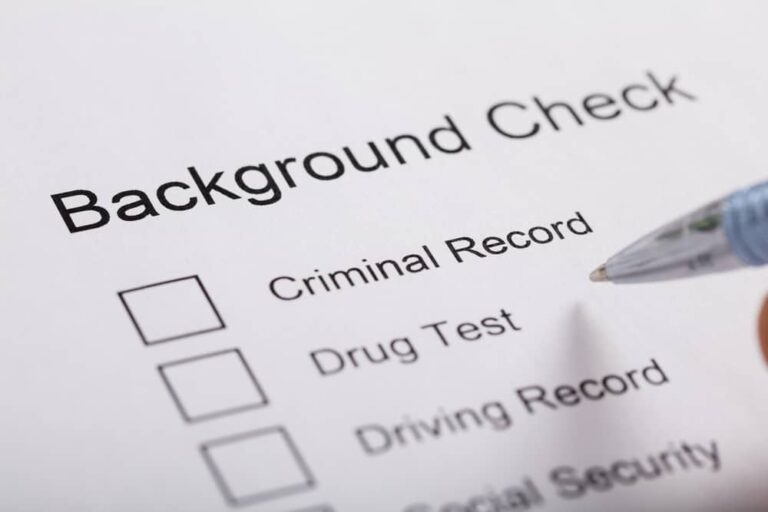In today’s competitive job market, employers use background screening to ensure they make the best hiring decisions. A background check is a critical part of the hiring process and can include an employment background check, credit check, and even a criminal background check. If you’re applying for a job, it’s essential to list the steps you should take to properly prepare for a background check to avoid any surprises.
Read Also: What to Wear to a Job Interview Male: A Complete Guide for 2025
List the Steps You Should Take to Properly Prepare for a Background Check

Image Credit: MacTay
Step 1: Understand the Background Check Process
Before an employer runs a background check, it’s essential to know what’s involved. Some jobs require a criminal background check, while others might focus on an employment background check or a credit check. The Fair Credit Reporting Act (FCRA) ensures that background check results are used relatively, and the Equal Employment Opportunity Commission (EEOC) protects against discrimination in employment decisions.
Step 2: Gather Important Documents
You’ll need to provide personal information such as your Social Security number and work history. Employers may also require education verification, professional license verification, and even a driving record if the job involves driving. Keeping your documents organized will make the background check process smoother.
Step 3: Verify Your Resume and Application Details
Background screening often includes employment verification and reference checks. Ensure that your resume is accurate and does not contain any inaccurate information. Employers may check your employment history, educational background, and previous job titles, so everything must match official records.
Step 4: Check Your Criminal Record
A criminal background check may reveal past offenses. If you have a criminal record, be prepared to explain it honestly. In some cases, expungement might be an option. Employers conducting a criminal record check may also consult law enforcement databases.
Step 5: Review Your Credit Report
For jobs in finance or management, employers often conduct a credit check. You can obtain a free credit report from AnnualCreditReport.com. Reviewing your credit history will help you identify any inaccurate information. If your credit report has negative marks, be ready to explain them professionally.
Step 6: Contact Past Employers and References
Reference checks are an essential part of the background investigation. Inform your references that they may be contacted and ensure they are comfortable discussing your work history. If your past employers will be contacted for employment verification, ensure the details they provide align with your application.
Step 7: Clean Up Your Online Presence
Many employers conduct a personal background check by reviewing social media. Remove any sensitive information that could affect the hiring decision. A hiring manager may also check your LinkedIn profile for consistency with your resume.
Step 8: Address Any Potential Red Flags
If you have gaps in employment history, a poor credit report, or any other red flags, prepare an explanation. The screening process is not meant to disqualify candidates but to help employers make an informed decision. Transparency can help you pass the background check with confidence.
Step 9: Be Honest and Prepared for Questions
If the employer finds inaccurate information during the employee background check, it could affect your job prospects. Be honest about past issues, including criminal record checks, drug test results, or employment verification discrepancies. Employers appreciate honesty and transparency.
Step 10: Follow Up and Stay Proactive
After completing the background check process, follow up with the hiring manager. If the background check company finds any issues, you can dispute them under the Fair Credit Reporting Act. Being proactive will help ensure an informed hiring decision.
Final Thoughts
Preparing for a pre-employment background check can make the hiring process smoother. Being prepared ensures you can provide the necessary personal information, whether it’s a personal background check, drug testing, or an international background check. Employers rely on background screening to make employment decisions, so taking the proper steps will help you pass confidently.
Start preparing today by reviewing your credit history, work history, and educational background to ensure you meet all eligibility requirements. A little preparation can go a long way in helping you secure your next job.